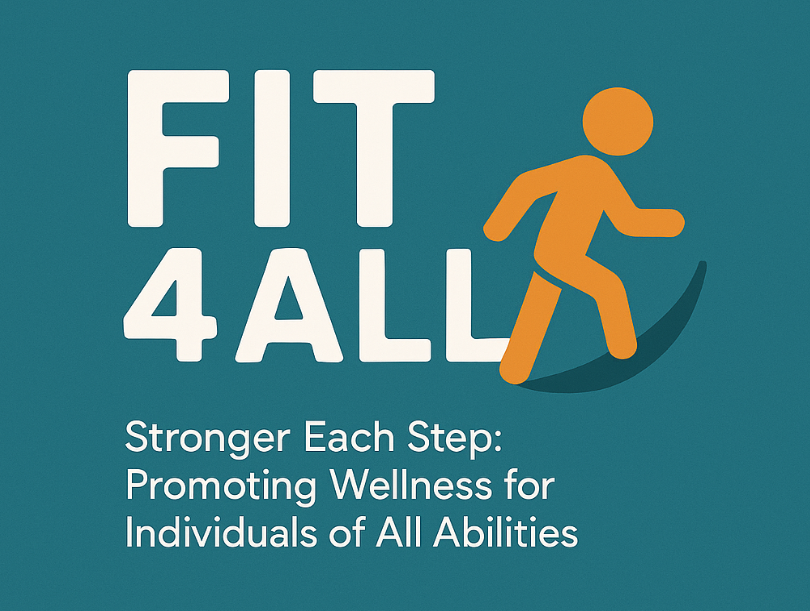
Abstract
Physical inactivity is a significant barrier to health promotion among adults in residential care settings. This study evaluated the effects of a token reinforcement system on daily step counts using pedometers. During baseline, residents received one token for wearing a pedometer each day, and step data were collected for one week. In the intervention phase, residents earned one token for each day their steps exceeded their individual baseline average, with tokens exchanged weekly at house meetings. Across the four-week intervention, participants increased their average daily steps from 3,428 to 6,071. These findings suggest that simple, behavior-analytic strategies such as token reinforcement can effectively increase physical activity in residential settings and may serve as a scalable approach to promoting wellness.

